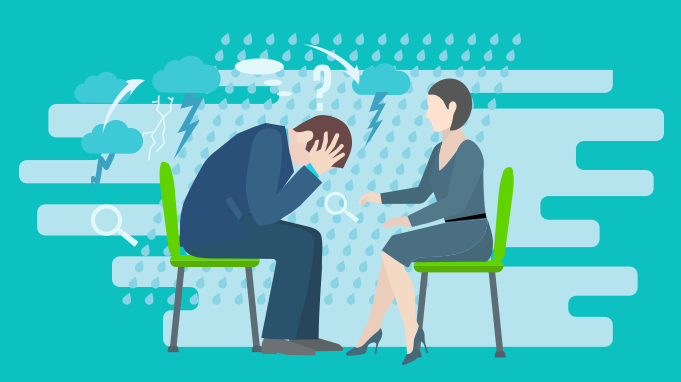Hello!
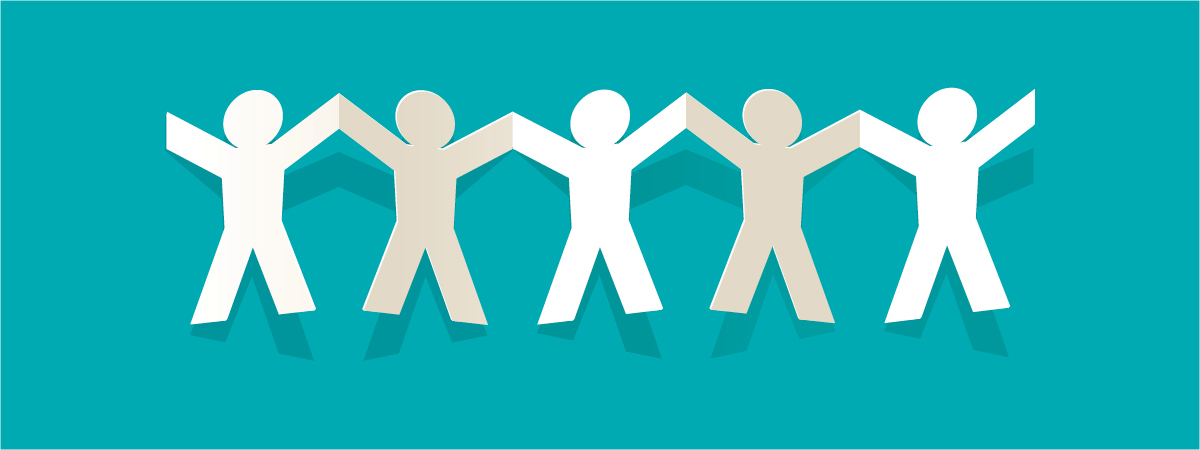 It’s a well-known fact that people nowadays live under a lot of stress. With the increase in mental health disorders, therapy is becoming more and more popular. Unfortunately, therapy requires face-to-face appointments and even if all the therapists will work 24/7 they won’t be able to meet the increasing demand for therapy from the whole population. Moreover, some patients don’t have the money to get a full-course one-to-one therapy, which makes therapy inaccessible for those who need it the most.
It’s a well-known fact that people nowadays live under a lot of stress. With the increase in mental health disorders, therapy is becoming more and more popular. Unfortunately, therapy requires face-to-face appointments and even if all the therapists will work 24/7 they won’t be able to meet the increasing demand for therapy from the whole population. Moreover, some patients don’t have the money to get a full-course one-to-one therapy, which makes therapy inaccessible for those who need it the most.
That’s where technology comes into play.
Technology in Therapy
Let’s have a look at the variety of healthcare solutions available today:
Mobile Therapy Apps
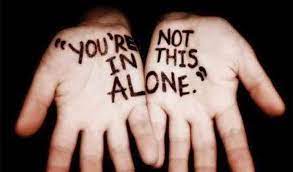 AI-powered applications, healthcare platforms, and other software that can provide feedback to the patient automatically, without the involvement of a doctor, come in very handy. Therapy software offers alternative treatments for depression, anxiety, addiction, bipolar disorder, and much more. Technology makes treatment available for everyone. Some of the popular examples of AI-powered apps are Happify, Youper, and BioBase.
AI-powered applications, healthcare platforms, and other software that can provide feedback to the patient automatically, without the involvement of a doctor, come in very handy. Therapy software offers alternative treatments for depression, anxiety, addiction, bipolar disorder, and much more. Technology makes treatment available for everyone. Some of the popular examples of AI-powered apps are Happify, Youper, and BioBase.
Software for Hospitals
Other kinds of software are used by therapists themselves to keep patient records, track patient progress, track and analyze therapy dynamics. This technology-driven approach makes therapy much more effective. A simple streamlining of administrative procedures works wonders, not to mention advanced data analytics that is able to power medical insights.
Telehealth Apps
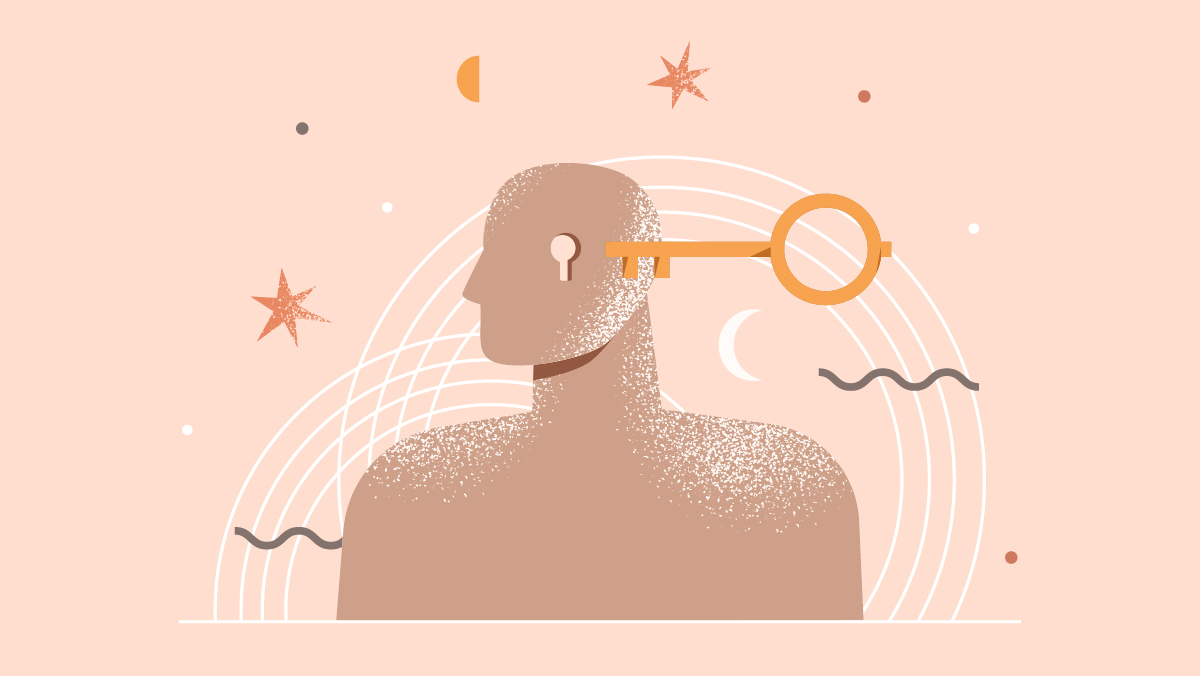 According to finance.yahoo.com, the global telehealth market size is expected to reach 636 billion dollars by 2028. Telehealth apps are great for both scheduling appointments online and having video consultations and therapy sessions when they are required. They facilitate patient-doctor interactions and save a lot of time for everyone: patients, doctors, and hospital administrators.
According to finance.yahoo.com, the global telehealth market size is expected to reach 636 billion dollars by 2028. Telehealth apps are great for both scheduling appointments online and having video consultations and therapy sessions when they are required. They facilitate patient-doctor interactions and save a lot of time for everyone: patients, doctors, and hospital administrators.
Cyber Security
Information security and data-breach protection are extremely important points to consider when it comes to sensitive patient data. Your patients should be able to rely on you when it comes to security measures. Everyone wants to feel that their personal information is safe. If you decide to go for healthcare development services, make sure that your vendor complies with the data security regulations and pays special attention to security.
Is Online Therapy as Effective as Offline Appointments?
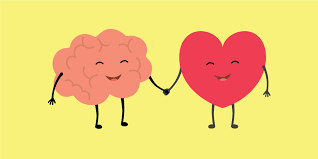 Of course, it cannot replace real-life appointments with a professional. These apps are most effective when used alongside offline therapy.
Of course, it cannot replace real-life appointments with a professional. These apps are most effective when used alongside offline therapy.
However, for some people, it’s a choice between having an online app therapy and not having it at all. In this case, such apps can make a life-changing difference.
Telehealth apps can save the lives of those with depression or other mental health disorders who live far away from big cities and decent hospital care.
Thank you!
Join us on social networks!
See you!

